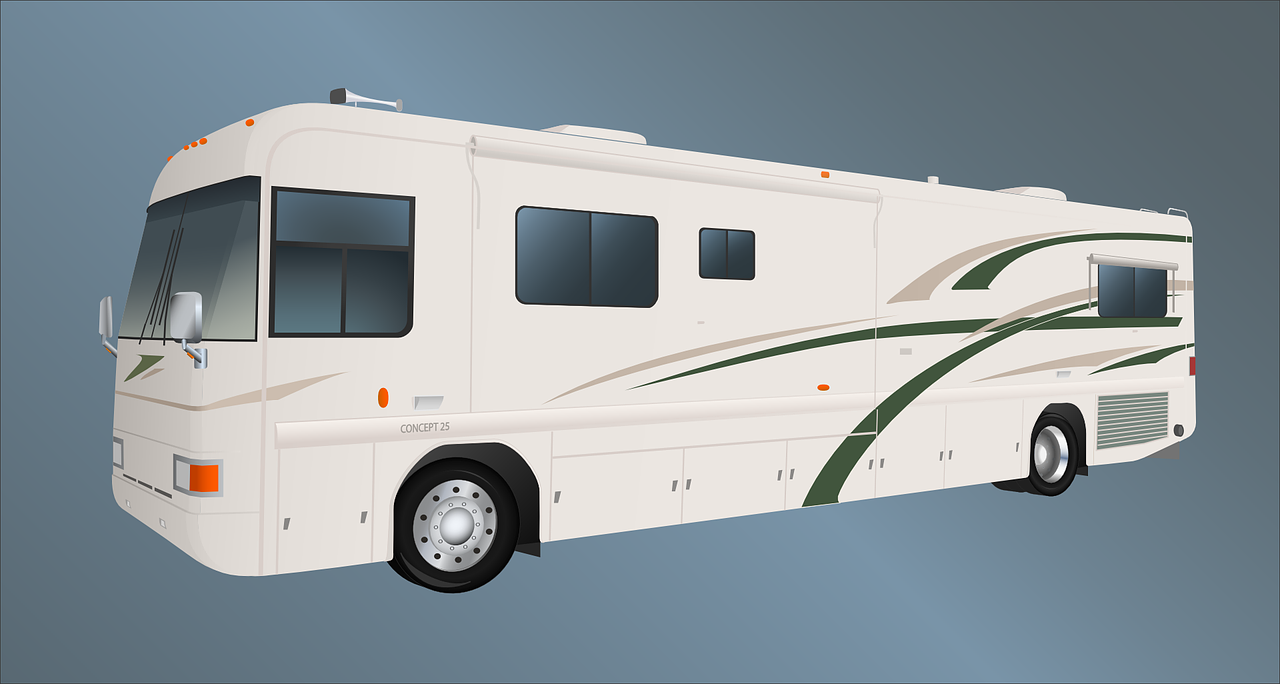
The average size of a tiny home is 100 to 500 square feet. This is a great way to experience the joy of home-ownership without the price. It’s also a great way to save money.
Too tiny for you?
Don’t worry, there’s another option. A mobile home is a great way to have the amenities of a brick and mortar home without the cramped living quarters of a tiny home.
Keep reading to decide if mobile home living is for you.
Table of Contents
The Features
A mobile home falls under the category of a manufactured home. Manufactured homes can look like any style of home you like. They can have an open floor plan, kitchens with islands, and a large master suite. Also, you can upgrade to features you like on your own to make it feel more like a home.
Regular maintenance is required as with any home. Mobile homes can be subject to leakage and a rusty foundation. You’ll need to check this area once a year and seal any cracks around vents.
In a mobile home, certain features are upgrades that you would typically find in a brick and mortar home. For example, flooring may be composed of particle board instead of wood. Also, there may be no insulation between the walls.
You Can Save Money
Mobile homes range in price from $20k to 120k. This is substantially less than the $300k average price of traditional homes.
Depending on the mobile home loans, ownership can be cheaper than renting an apartment. If you have a financial freedom plan, this type of home can help you save money every month. Take into account you’ll have to pay a Park fee if you don’t own the land your home is on.
You Can Lose Money
Like any large investment, you can lose money if you don’t do your research.
Mobile homes don’t appreciate in value like traditional homes. The location of the home greatly affects the amount you can resell it for. Typically, parking it on your own land is a better financial decision than a mobile home park.
Also, mobile homes are safe to live in but aren’t designed to withstand extreme weather conditions. Tornadoes and hurricanes can do a lot of damage to your newly constructed home.
Dealers and manufacturers regularly offer warranties for mobile homes. However, these warranties can be easily voided, leaving you with a hefty repair bill. Make sure you read and understand all the fine print. If necessary, have a representative of the company come out to supervise your home’s installation at the site.
Flexible but Not that Mobile
Despite the name, mobile homes are not that mobile. They aren’t like RVs and campers which are designed to be hitched to a truck and driven around.
You can move them but you’ll need a special truck to do so. Also, be prepared to pay into the thousands to transport your home.
Buying Used
Plenty of people buy used mobile homes. To get the best bang for your buck, do a thorough inspection. Check for mildew, rotting floors and water invasion around the windows and doors. Springy floors or walls indicate that there is a water problem.
Sinking is a common problem among older homes. Front and back doors that have trouble closing are a tell-tale sign of this is. In most cases, it’s a problem that can be corrected.
Other common problem areas are the electrical and plumbing. Get a professional to do a thorough inspection when you find the home you love.
Decide if Mobile Home Living is For You
Mobile home living is a great way to experience the joy of home-ownership without the hefty price tag. It’s a great way to downsize and save money when done with the right plan. Like any investment, you can lose more than you save if you aren’t diligent in your research.
Don’t take the seller’s word for it. Search around for the best homes and what features to expect from the manufacturer.
For tips on sprucing up your new place, click here.